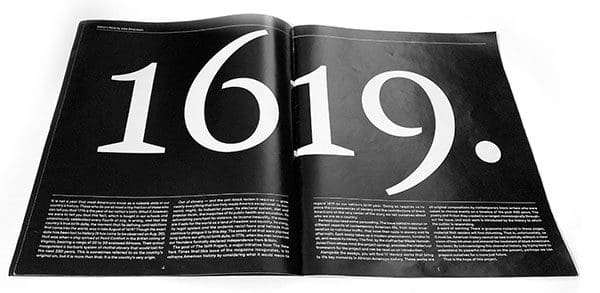Our professors talk about books
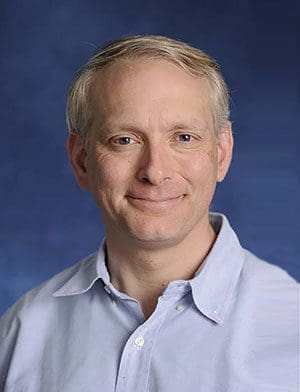
Christopher Carroll, Professor, Economics
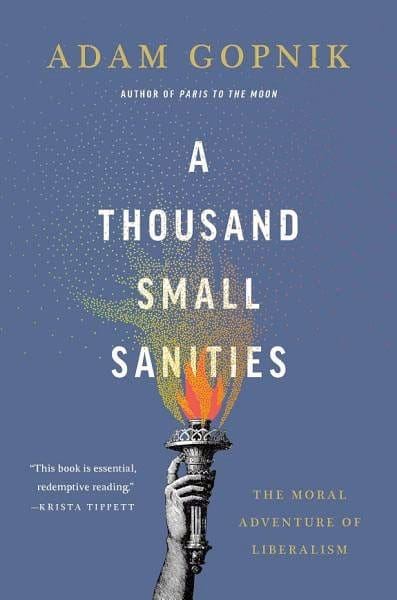
“The best book I’ve read in years is A Thousand Small Sanities by Adam Gopnik, a deeply grounded defense of a political temperament that in the 19th century was coherently described by the word ‘liberal.’ Freedom meant something both subtle and simple to John Stuart Mill and George Eliott: a combination of ambition and humility. (Sewers, championed by liberals, probably saved more lives every year in London than all the physicians combined: ambition and humility.) The world is a much better place than it was 500 years ago, and surely can be better still (ambition). But (humility) nobody should be believed too much who claims they know, with righteous certainty, how to make it a better place (capital gains tax cuts, universal basic income).”

Jeanne-Marie Jackson, Assistant Professor, English
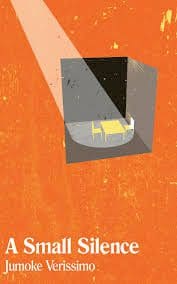
“I’ve just finished A Small Silence, the debut novel by the Nigerian writer Jumoke Verissimo, who until now has been best known as a poet. African fiction is often associated with big, busy themes: the global metropolises of Lagos, Johannesburg, or Nairobi, for example, or large-scale political movements. A Small Silence joins a crop of other meditative recent books about Africans’ solitude, in this case by focusing on a professor and political activist who is released from prison after a decade. It is a quiet, moving book about anxiety, cross-generational intimacy, and learning to reinhabit spaces with difficult pasts.”
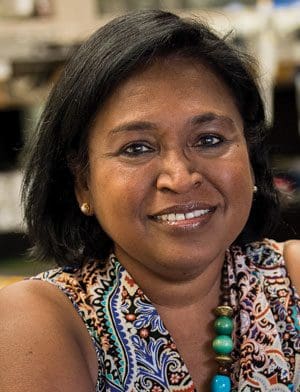
Rejji Kuruvilla, Professor, Biology
“My most memorable recent read was the essay in The New York Times Magazine by Nikole Hannah-Jones, introducing The 1619 Project to mark the 400th anniversary of the beginning of slavery in America. In an essay that is powerful, moving, and painful to read, Hannah-Jones starts with her bemusement at the deep patriotism of her father, a military veteran, and goes on to narrate how black Americans are at the very center of the democratic foundation of this country. Despite being denied the freedom and equity promised to all in the Declaration of Independence, black Americans, more than any other group, embraced the democratic ideals promised by the Founding Fathers, and through their struggles, paved the way for almost every human and civil rights movement in this country.”
